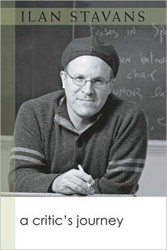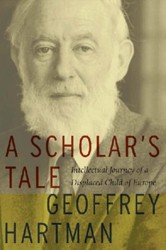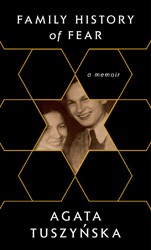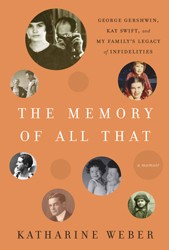An author comes onto a stage at a bookstore, stands behind the podium, while the crowd of fans looks on adoringly. The author looks up at the people and smiling, puts on reading glasses, tells the stories behind the latest novel or collection of poems or essays. The audience gasps, smiles, moans, and laughs at the appropriate parts. After, the author answers a few questions about his or her writing life, inspiration, and characters. It’s a scenario book lovers can identify with. Many of those book lovers may wonder about the person behind this public persona.
University of Massachusetts emeritus professor of English Jules Chametzky’s book Out of Brownsville: Encounters with Nobel Laureates and Other Jewish Writers — A Cultural Memoir recounts his many, many, many encounters with authors, some well-known and others obscure. Luminaries include Grace Paley, Saul Bellow, Erica Jong, Irving Howe, Allen Ginsberg, and Nat Hentoff. The stories are told in the context of the literary world, revealing insights into their work and into that realm. The vignettes answer questions readers may have such as: Are writers friendly with each other? If we like writers’ work, would we like them as people? Are they nice people? Apparently Allen Ginsberg was.
Information about more obscure writers documents their work. Chametzky quotes from the achingly beautiful poem “God of Mercy,” by the versatile and prolific Yiddish writer Kadya Molodowsky. She came to the U.S. in 1935 already over forty and died in 1975.
O God of MercyChoose-
Another people.
We are tired of death, tired of corpses We have no
more prayers.
Choose-
Another people.
Chametzky is a character in the book but he maintains a remote, professorial attitude with his reader, keeping us at arms length. A stronger overarching, personal theme throughout the book would have created a stronger premise and narrative. Chametzky’s details reveal little about his emotional, personal, or professional transformation, challenges or victories from poor New York City ghetto tough to tweed-wearing academic in western Massachusetts. That thread would make this more than just a list of luminaries the author met and more of a poignant journey linked through literature. Chametzky’s memoir does bring to light or as he puts it “vivify” the significant contribution and personalities of these writers, many of whom are regrettably forgotten.
Dina Weinstein is a Richmond, Virginia-based writer.





